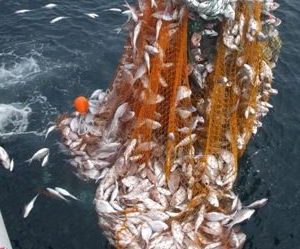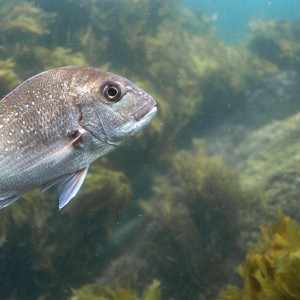Leaked documents show the Ministry for Primary Industries (MPI) has been aware of widespread fish dumping for years yet not acted to prosecute the offending commercial fishers.
These papers highlight deeply rooted problems with the management of fisheries. Now recreational fishing and environmental interests are calling for a Commission of Inquiry into the Quota Management System (QMS).
A leading investigator, Michael Heron QC, was appointed in May to investigate the reasons why no prosecutions were taken against commercial operators who were caught on video dumping quota species. The Heron Report acknowledges the decision was “flawed,” the QMS was complex and that, in general, the Ministry’s systems are robust.
Recreational fishing group LegaSea says that there are obvious and longstanding issues with the QMS that must be addressed. One sticking point is the video surveillance and monitoring of the commercial fleet. MPI has recently awarded the contract for this work to an industry owned company. Another issue is the close relationship between MPI and commercial fishing interests where often the lines of separation are blurred.
LegaSea says the public can be rightly concerned about these issues and the only reasonable response is a Commission of Inquiry.
“Blatant dumping of fish is bad enough, however, the real issue is that officials identified years ago that discarding is a systemic failure of the current system that they have not be able to address since day one of the QMS. MPI also know that the level of discards is so great that it is impacting on stock levels and the marine environment,” say spokesperson Scott Macindoe.
“If it wasn’t for the draft reports being leaked to an independent researcher, the New Zealand public would be none the wiser.”
Macindoe says the Minister, Nathan Guy, has been poorly advised by his department.
“An external party, such as the State Services Commission or Department of Internal Affairs, needs to be brought in to review the current situation,” he said.
LegaSea believes MPI suffers from industry capture, where it is no longer overseeing the industry but rather partnering with it, and that sets a poor precedent.
“We want an abundant fishery in the future so we are reclaiming our fisheries for the people of New Zealand. If we need to hasten that process by supporting a Commission of Inquiry then we’re in boots and all.”
A Commission of Inquiry must meet certain thresholds to be implemented:
LegaSea believes this issue meets these criteria and calls on the Minister to respond accordingly.
“Over 600,000 people go fishing every year in New Zealand and the single biggest complaint we hear is that MPI is turning a blind eye to the destruction of our fisheries. The Minister has to act if he’s to retain the faith of the public on this matter,” says Macindoe.
Have your say by completing our poll question: Do you support LegaSea’s call for a Commission of Inquiry?





